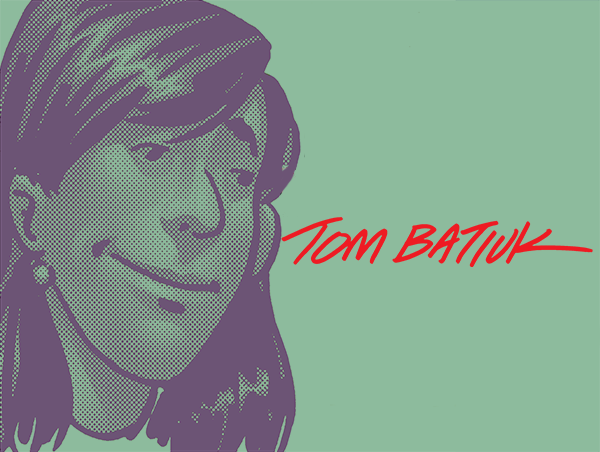×

Subscribe to Receive the Latest Updates
Subscribe to receive our monthly newsletter.
John Darling, being a satirical strip about television, was always a fairly easy proposition to write. All you had to do was watch a little TV and try to exaggerate all of the prevalent foolishness that you couldn’t help but trip over. That also encapsulates the one difficulty that was actually trying to top the silliness that you saw on the screen. The strip was also proving true George F. Kaufman’s old theater adage that satire is what closes on Saturday night. By 1983, the feature was starting to see the top of the bell curve looming ahead. That being said, it was still chugging along paying off the mortgage on the Cartoon Castle, and was still fun to write if you discounted all of the requisite TV watching.
By comparison, the apogee for Funky Winkerbean was still up in the clouds somewhere. Harry L. Dinkle, the World’s Greatest Band Director and Funky’s first breakout character, was still marching along quite happily. (Pun intended, although anyone familiar with my work knows that saying that borders on the redundant. They’re all intended, people.) Harry’s rep continued to grow among music education’s cognoscenti, and my band speaking engagements escalated from local band awards banquets to state music educators conventions. All of this added to my knowledge of the music profession even as I continued to strip-mine my own music background for more material to fill the demand. In this volume, Harry makes the first of two visits to the Tournament of Roses Parade and we watch his ego grow even larger than his popularity. Harry was also a good match for the sitcom style of writing into which my work on Funky had evolved. One-joke characters like Wicked Wanda never survived the transition to the longer form, but Harry thrived because Harry now had a history. It was a history known to my readers, and this allowed me as a writer to play off of Harry’s backstory and continue to expand upon it. The more I would ratchet things up, like having Harry giving the Cleveland Orchestra tips on fundraising, the more delighted the response. As a result, Harry’s time on stage during these years remains substantial. I once read an interview with Charles Schulz in which he mentioned that a reader had gotten in touch with him with a gentle suggestion that perhaps Snoopy was threatening to take over and dominate the strip and that he needed to be careful to ensure that didn’t happen. It was around this time that I heard from a reader with a similar cautionary proffer regarding my band director, saying that if I wasn’t careful he would likewise take over the entire strip. I sometimes wonder if Schulz and I had heard from the same wise reader. As sound as the advice was, however, given my proclivity toward pulling new characters out of the air on an almost weekly basis, long term, that probably wasn’t going to be a significant worry for me. In fact, another character in the strip was already proving very compatible with the longer sitcom mode and was also beginning to assert himself on the stage. As it turns out, his name was Harry as well.
From The Complete Funky Winkerbean Volume Four